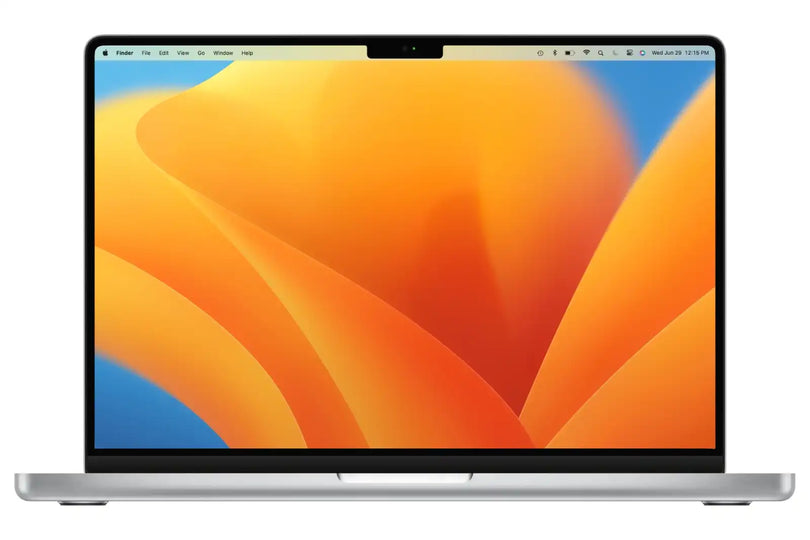What Sustainability Initiatives Are Lenovo and Dell Implementing in Their Operations?
With growing concerns over climate change and environmental degradation, tech giants Lenovo and Dell are making significant strides towards sustainability. Both companies acknowledge the environmental impacts of manufacturing and seek to minimize the carbon footprint of their products throughout their lifecycle. Below, we will explore the key sustainability initiatives these two organizations are executing.
Lenovo's Sustainability Initiatives
Lenovo has a strong focus on creating eco-friendly solutions within its operations and across its supply chain. Some of the company’s most notable sustainability efforts include:
1. Use of Recycled Materials
Lenovo has committed to using more sustainable materials in its product design, including the use of post-consumer recycled plastics. In fact, many Lenovo laptops and desktops now use recycled materials in their casings. The company has avoided over 9,500 metric tons of virgin plastic in recent years as a result of this strategy.
2. Circular Economy Initiatives
The circular economy is a core focus of Lenovo’s sustainability plan. The company offers a product take-back and recycling program, which encourages customers to send back old or broken devices. Lenovo then repurposes or recycles these electronics to create a looping system where materials are reused, minimizing electronic waste.
3. Carbon Offsetting and Energy Efficiency
Lenovo has set a goal to achieve net-zero carbon emissions by 2050. To achieve this, the company has adopted tactics like purchasing renewable energy and carbon offsets. Furthermore, Lenovo's products are designed to be energy-efficient, reducing their environmental impact during use.
You can learn more about Lenovo’s full sustainability strategy in their Sustainability Report.
Dell's Sustainability Initiatives
Similarly, Dell is also taking ambitious actions to minimize its environmental impact. The company has outlined several sustainability goals, aiming to both reduce emissions and support environmental stewardship. Here are some of Dell’s leading practices:
1. Dell’s "Progress Made Real" Plan
In its "Progress Made Real" plan, Dell has set its sights on critical sustainability milestones. One prominent goal is to have 100% of its packaging made from recycled or renewable materials by 2030. Furthermore, Dell aims for 50% of its products to be made from recycled or renewable materials by that same year.
2. Green Packaging and Recycling Programs
Dell is a pioneer in using eco-friendly packaging materials, such as bamboo and mushrooms, to replace traditional packaging like Styrofoam. These innovative materials are biodegradable and significantly reduce environmental waste.
The company also offers trade-in and recycling programs to ensure the responsible disposal of old electronics, efficiently recycling e-waste and minimizing its landfill impact.
3. Clean Energy Investments
As part of its commitment to a cleaner future, Dell continues to invest in renewable energy sources. The company has committed to reducing greenhouse gas (GHG) emissions from its global operations through increased energy efficiency and renewable energy use. Dell’s goal is to cut operating emissions in half by 2030.
Why Sustainable Technology Matters
The sustainability initiatives led by companies like Lenovo and Dell hold great importance when considering the global challenges of resource scarcity and environmental degradation. From reducing e-waste through recycling programs to innovating eco-friendly materials, these corporate strategies help minimize the environmental impact of technology.
Where You Can Buy or Sell Your Tech Responsibly
If you're looking to buy eco-friendly tech or want to recycle your used electronics, platforms like ManMade Cycle offer excellent opportunities. Their marketplace allows you to trade, buy, or sell used gadgets, contributing to a circular economy without the downsides of e-waste building up in landfills.
Both Dell and Lenovo serve as industry leaders in sustainability, and their initiatives help move the needle towards a greener, more efficient future. As consumers, supporting companies committed to sustainability can help ensure a safer and healthier planet for generations to come.






